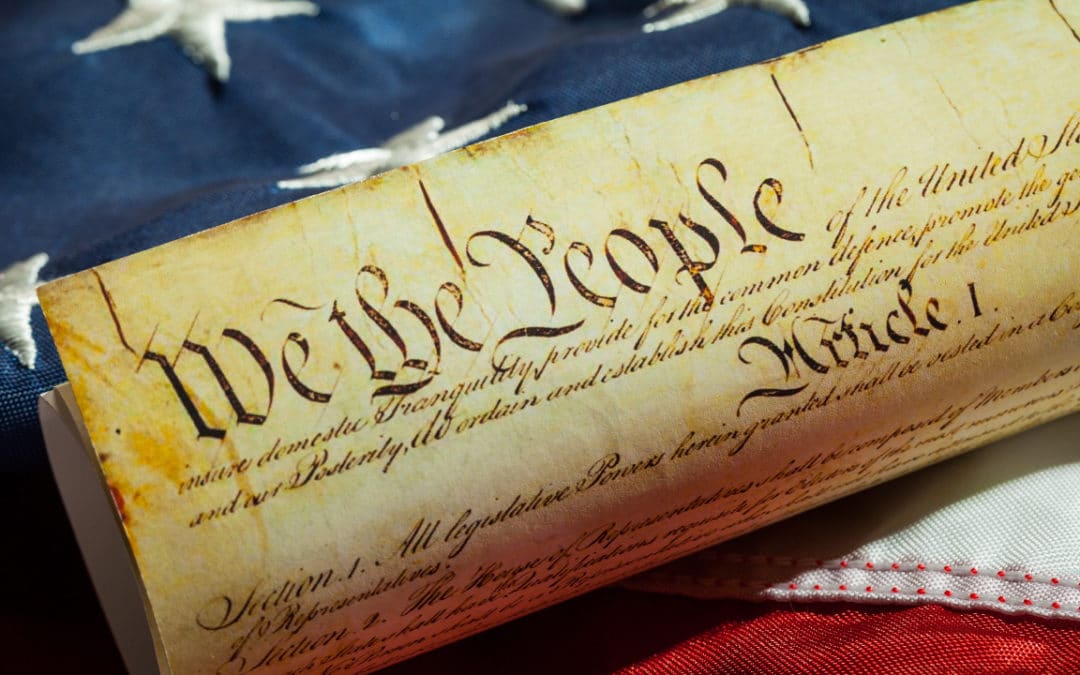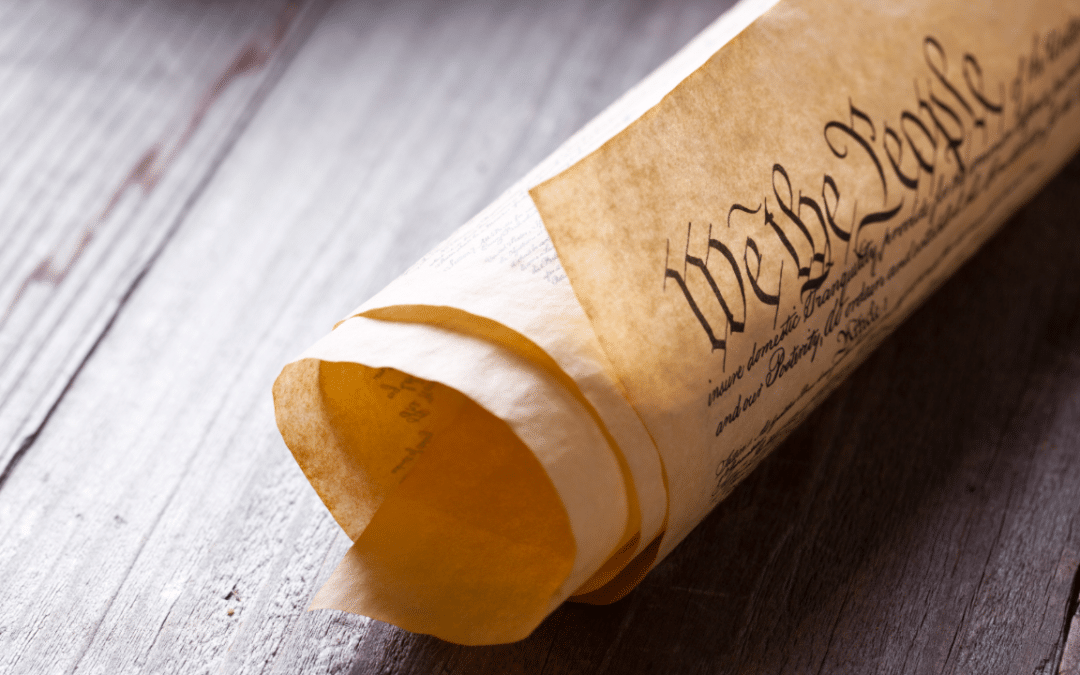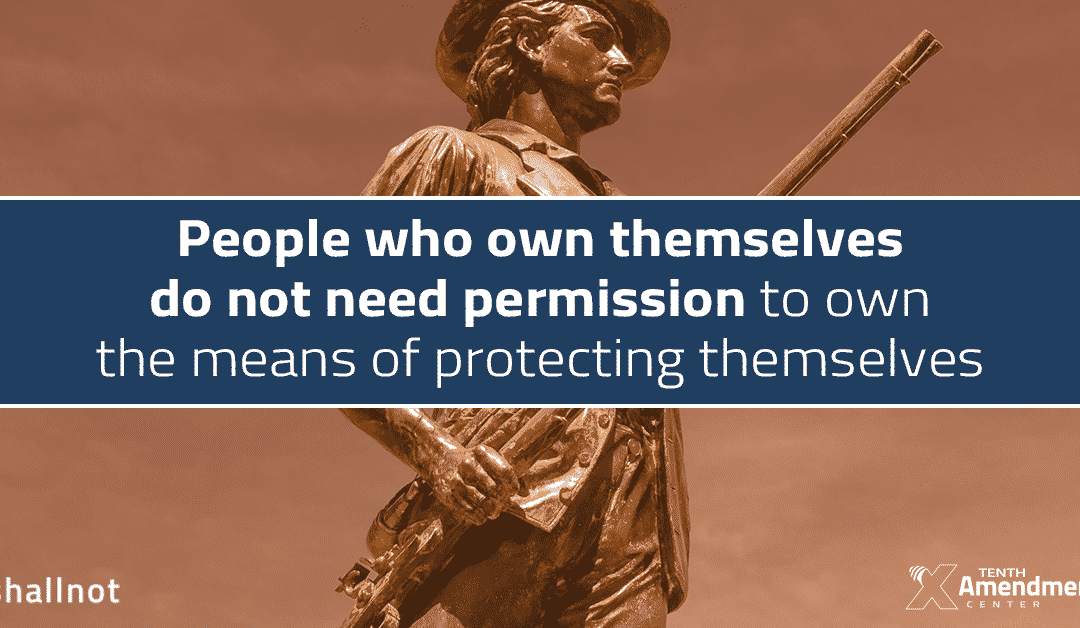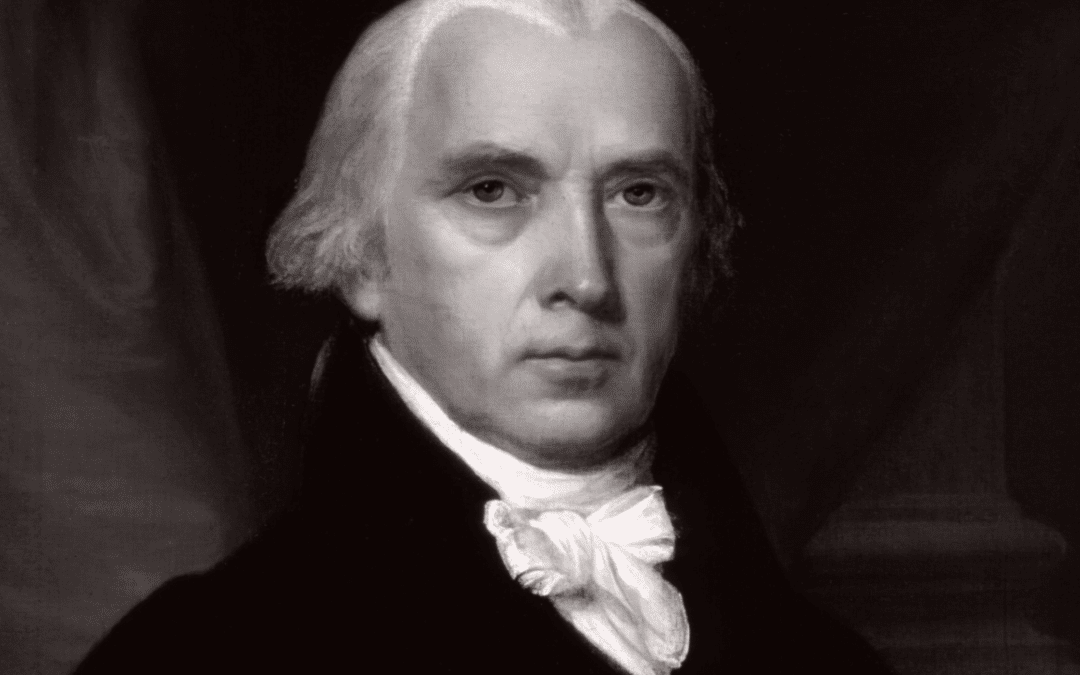


Read the Commerce Clause in the Light cast by the other Parts of our Constitution
The parts of our federal Constitution are so interrelated that it is impossible to understand a single clause therein without considering all of the other provisions of our Constitution. Article I, §8, clause 3, US Constitution, states: “The Congress shall have Power...
Clearing up the confusion about Marbury v. Madison
It is true that the Constitution does not expressly say that the federal courts have the power to strike down acts of Congress which are unconstitutional. What Article VI of the Constitution does say, however, is that (a) the Constitution is the supreme law of the...
From Duty to be Armed to Permission to Carry
“If the central government has the authority to tell a state it must accept permits from all the other states, then it also has the authority to tell a state it may not accept a concealed permit from any other states. If the central government can do these...
